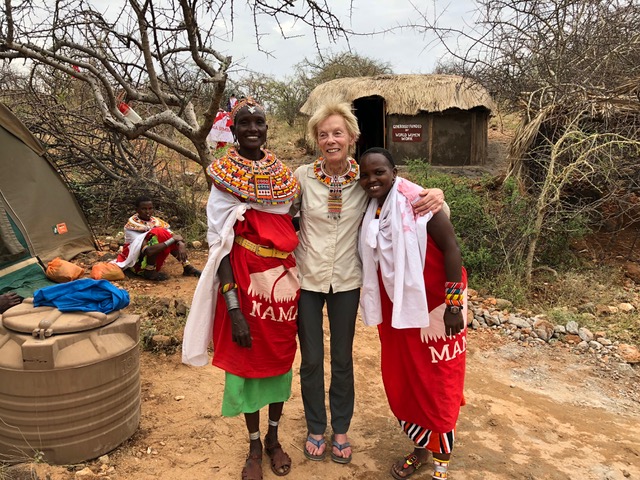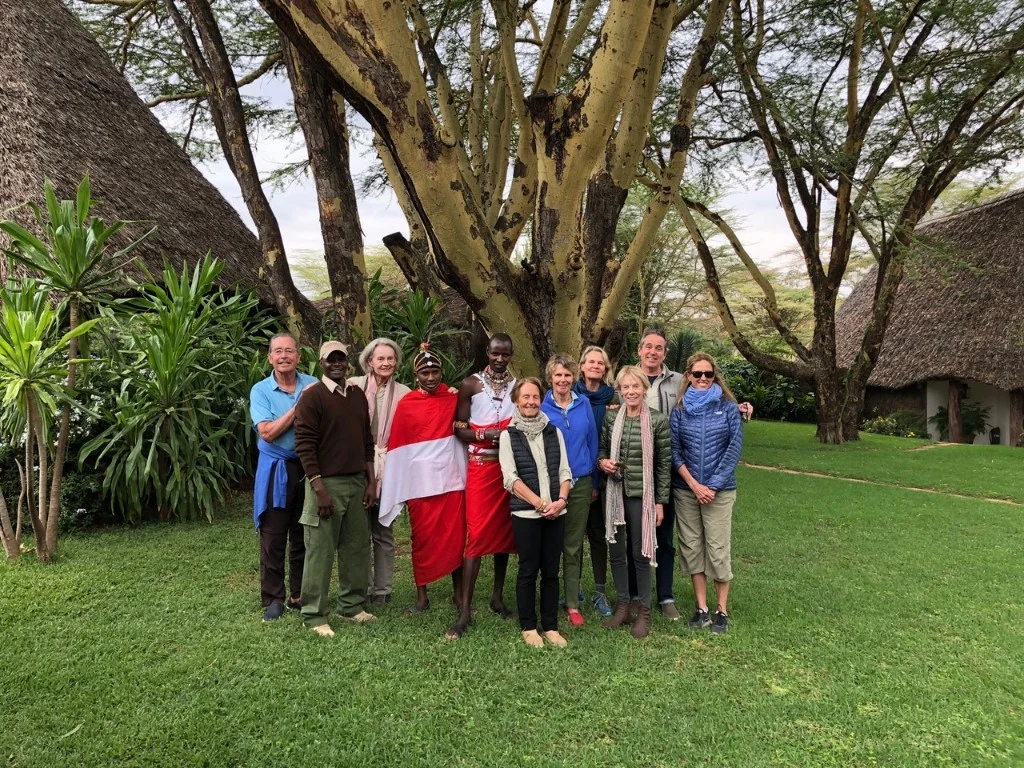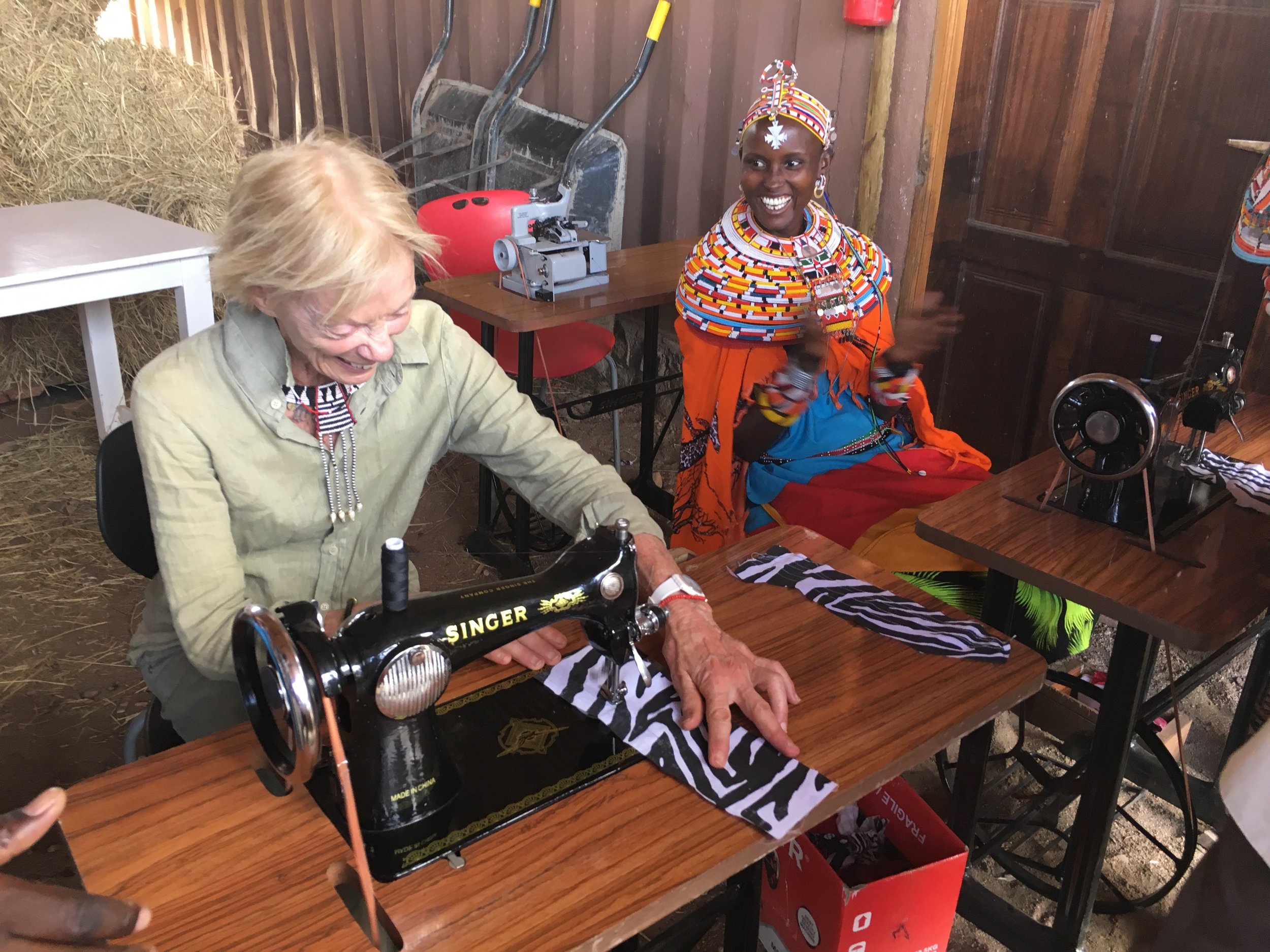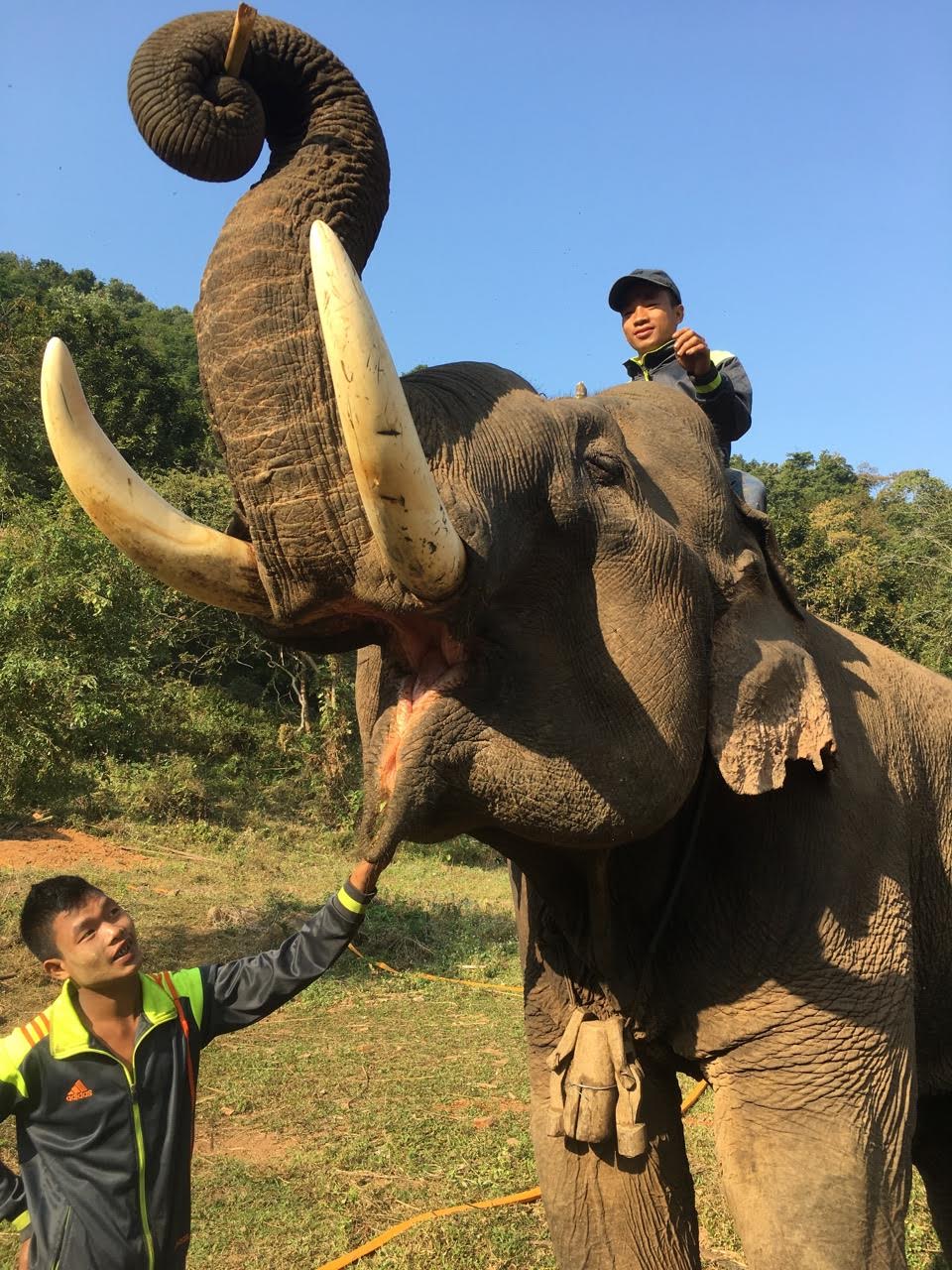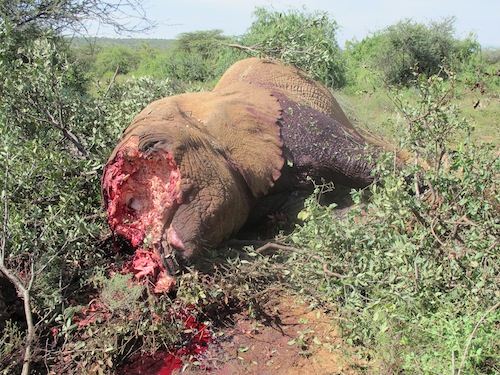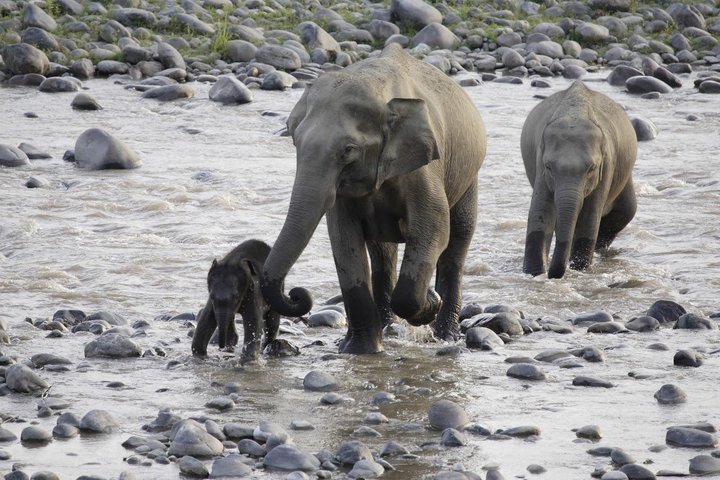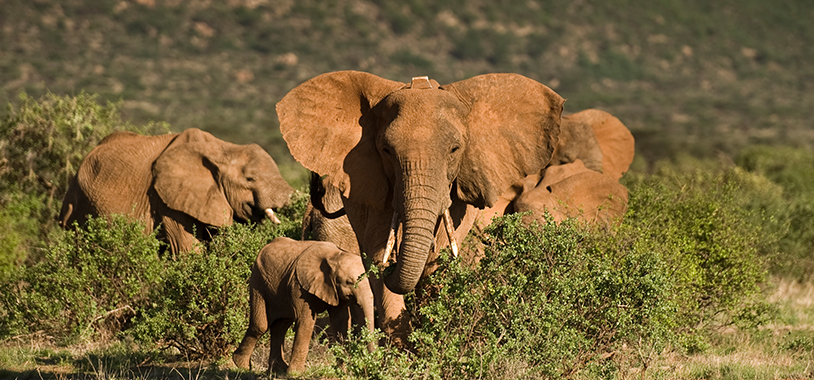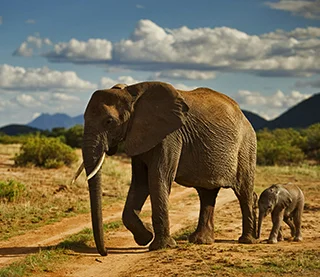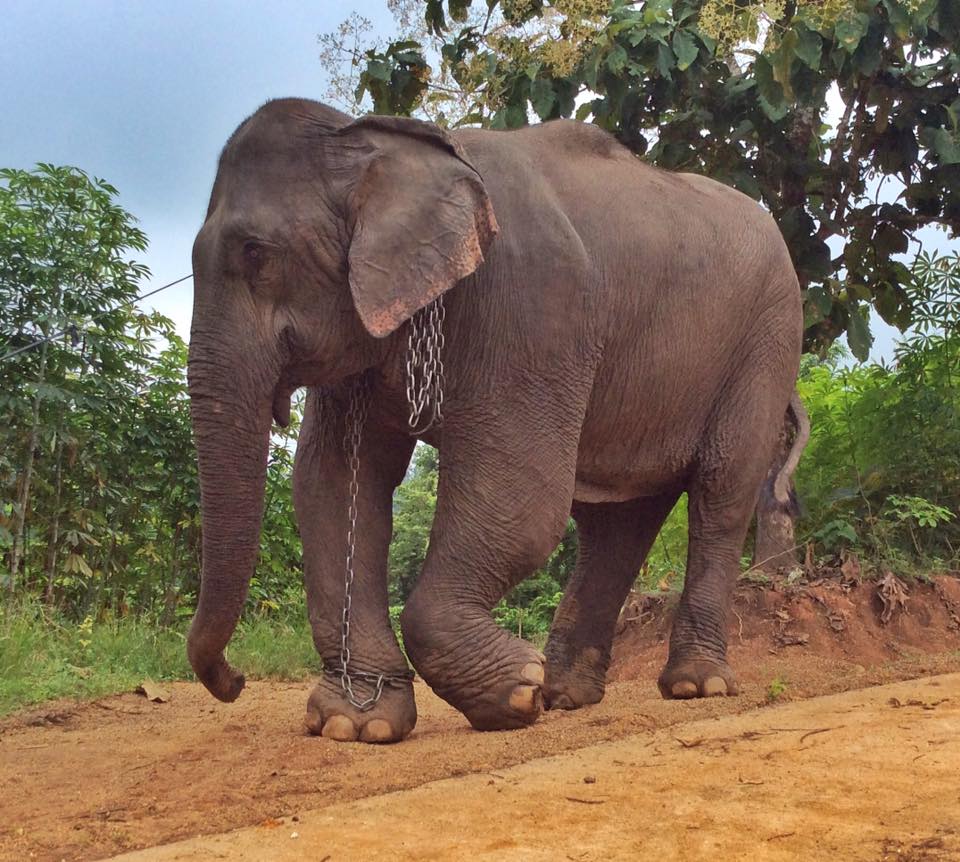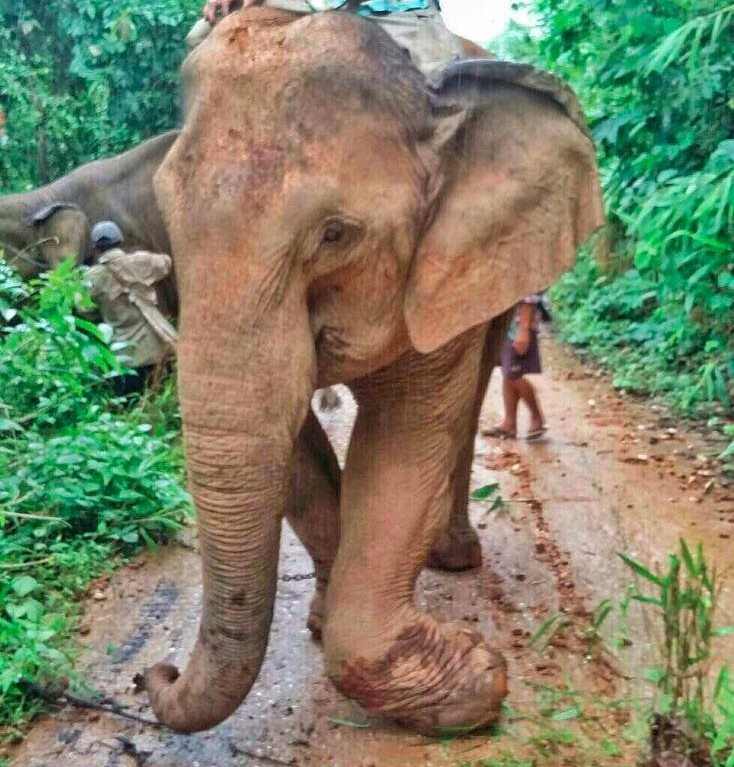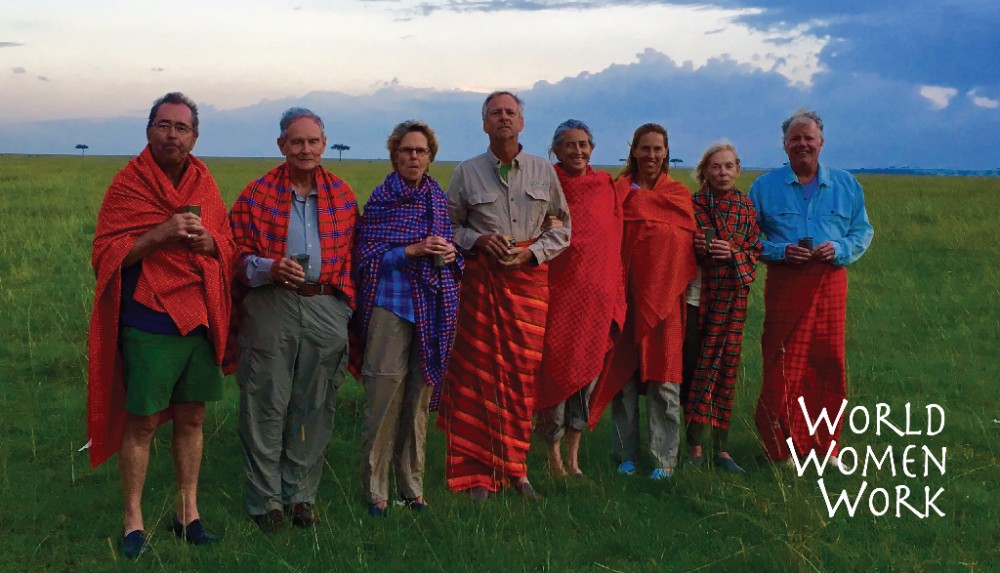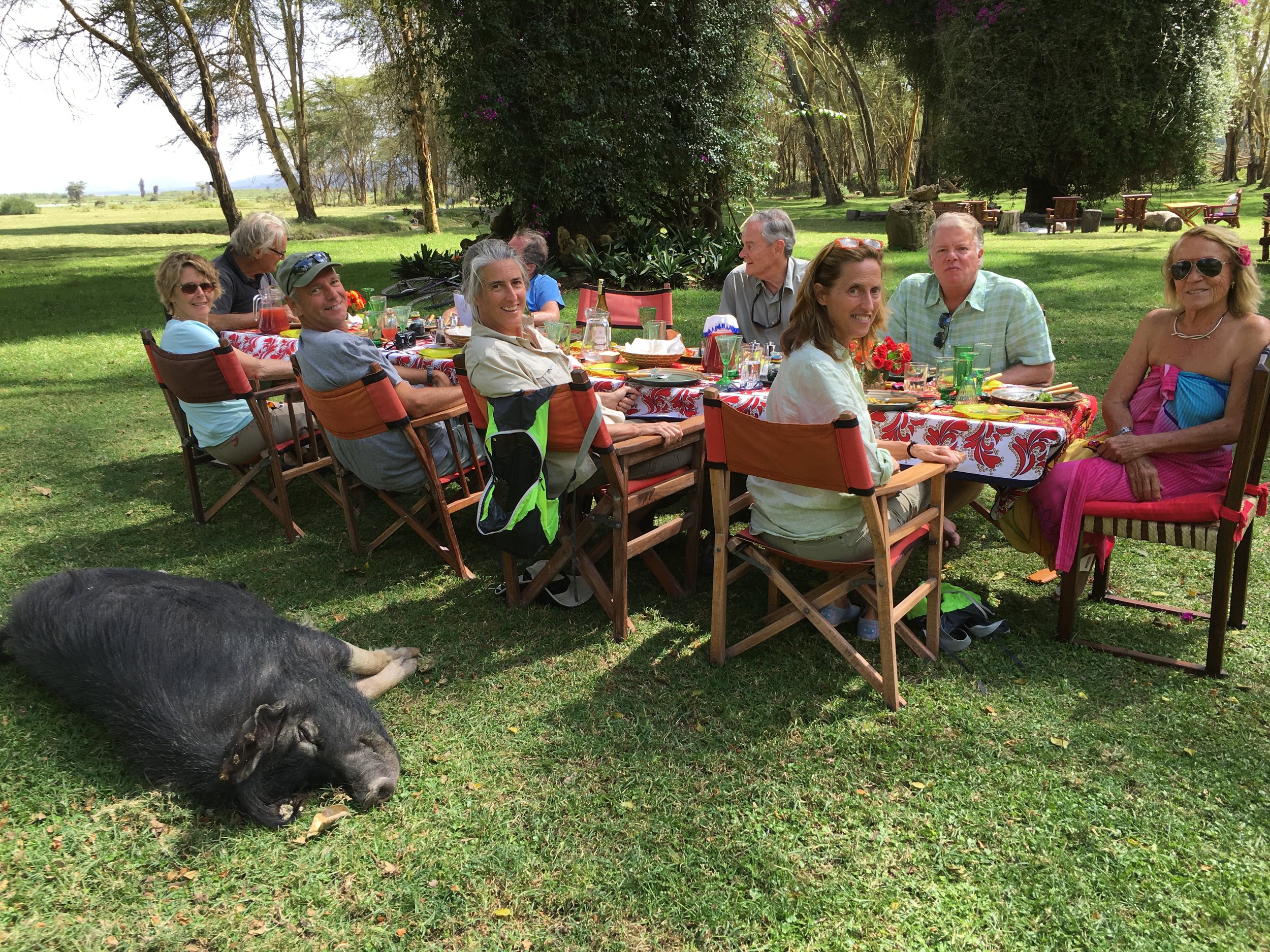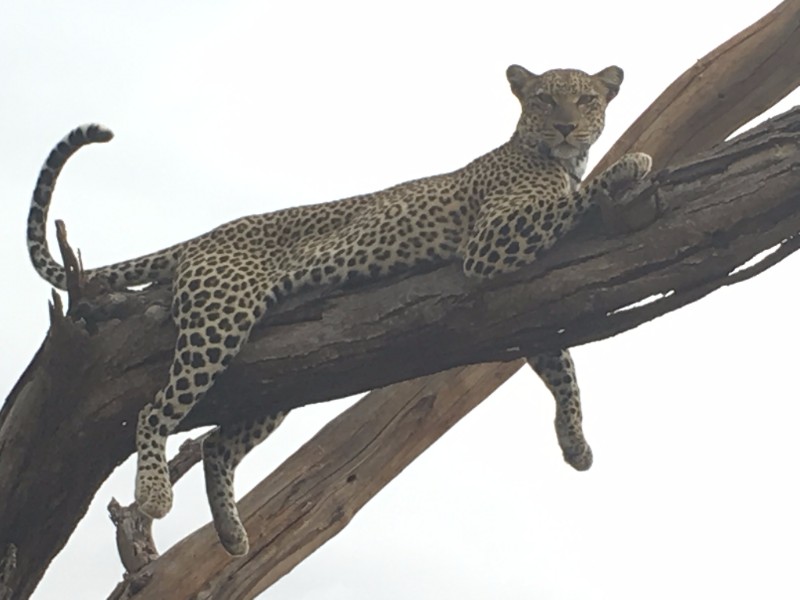We seem to be lost in this world today. There is even more of a need to somehow connect to things that are real that lift our spirts. Munteli and the Mama Simba do just that. She invited me to spend the first 3 nights in her new "house" funded by WWW after it was blessed by the elders. She is conducting safaris for local women among all her other endeavors.
Two ladies from Wamba 45 km away called Munteli , above right, and said they had heard “there was a lady with beads from a village who drives” meaning a real Samburu Woman from a village. They didn’t believe this so hired a lorry to bring them to meet her ...
Retetti is the first community owned elephant sanctuary in Africa. In the two years since its inception it has rescued 38 orphaned baby elephants and one rhino. The oldest Shaba, three and a half years old, lost her Mother to poachers and now she is the matriarch of this herd.
What a wonderful WorldWomenWork Adventure Trip was had by all of us last winter. One of the highlights was spending 2 nights at Sarara, a magnificent camp set in wild beautiful country at the foot of the Matthews Range. We visited the Reteti Elephant Sanctuary and felt the magic of the elephant babies. We gave a donation of $9,000 to this fabulous sanctuary.
I thank all of you who make the work of WWW possible. I hope you feel inspired too!

